
Warning: This article contains discussion of diet pills which some readers may find distressing.
There's nine everyday items many of us end up buying but then realizing are complete and utter wastes of time and money.
You may've heard about The Tinder Swindler and credit card scams, but let's not forget about the little guys too - every day commonplace items many social media users have branded a 'scam'.
College textbooks
When you start college, you're handed a list as long as the years it'll take you to ever begin to pay off your college debt stating the titles of textbooks costing a fortune which you'll probably only ever use once.
Advert
Even if you find a way to get them second-hand, it'll still dent your wallet and so it's not surprising so many students are resolving college textbooks are a 'scam'.

Printer ink
Ah yes, because if you shell out for a printer it's only logical the printer ink will cost more than the actual printer itself, right?
They reel you in with a heavily discounted price for the printer - many of us ignoring the warning about something being too good to be true - and then when you go to buy some more ink for your printer, that's where they charge you an extortionate fee.
Photography news website Fstoppers reports spending $48 on a printer and then having to cough up a staggering $200 on ink.
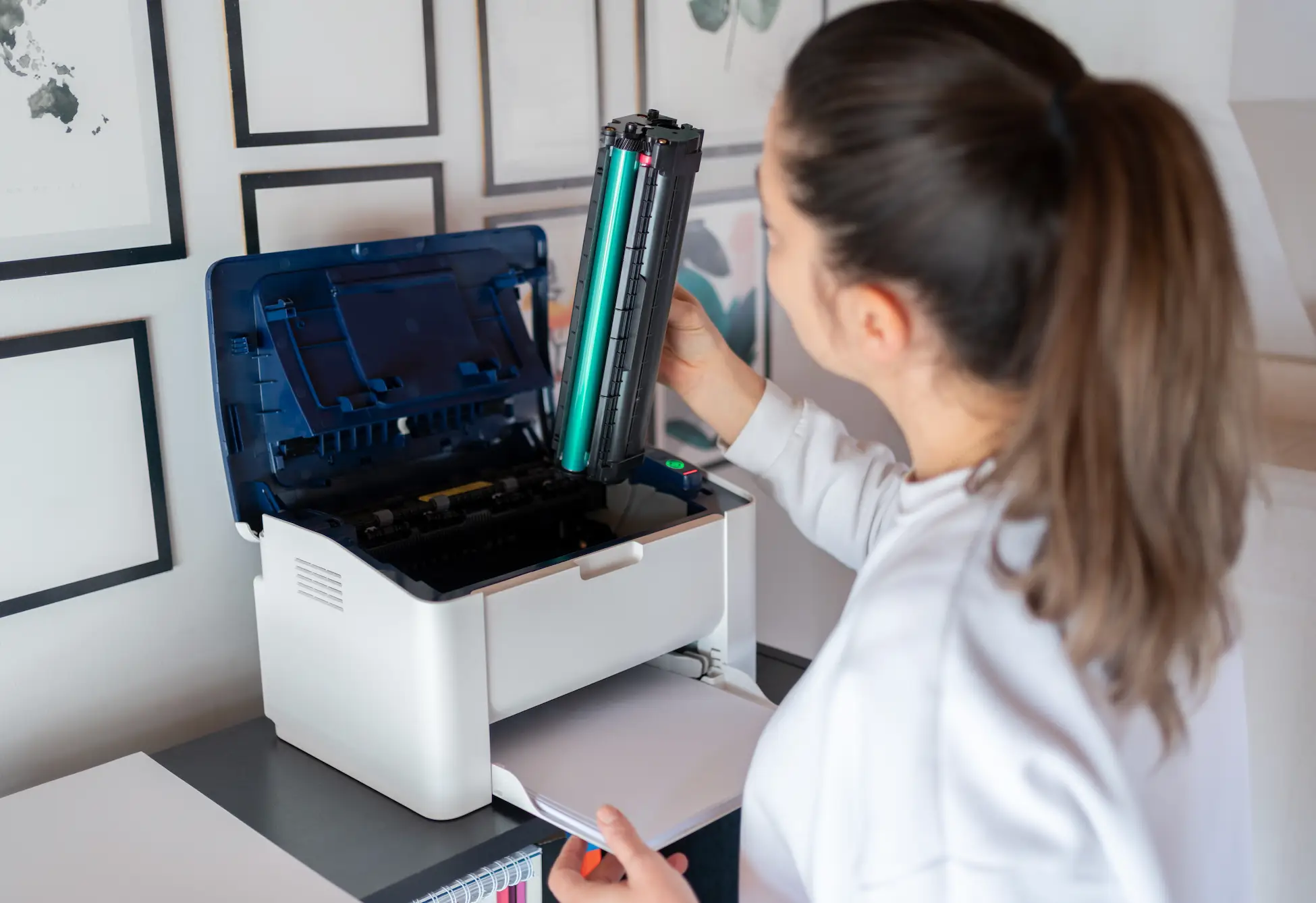
Timeshares
There's a debate to be had about timeshares - depending on who you timeshare with, if it's through a scheme or company or not, there are many factors to consider.
Timeshares are a 'form of holiday ownership' where you 'you invest your money into the purchase of rights to spend time, usually a week or more, at a property such as a villa or holiday apartment each year'.
However, Action Fraud goes on to warn timeshares can be taken advantage of by fraudsters who 'pretend to be a company who claim to have a buyer lined up who is ready to pay a good price to buy the timeshare' or 'pretend to be the buyer at the same time as the company and use different contact details so the story is believable'.
"In reality the buyer doesn’t exist and it another way to extract money from victims," it adds.
Even if you have found a genuine timeshare, they can be overpriced, risk not gaining value and despite their name, actually be quite inflexible if you're sharing with any tricky customers.

Himalayan salt lamps
Ah yes, the Himalayan salt lamp. You thought buying one and sticking it in your room would clear your soul of all the damage you've done to it with drinking, late nights and any other bad behaviour, clearing your room's air quality and helping you breathe better.
Alas, all you ended up with was coming home one day to find your lamp sat in a puddle of water - the salt drawing the moisture from the air.
Healthline adds: "Some say the lamps purify the air and provide health benefits such as lifting your mood, enhancing sleep, and improving breathing conditions. The basic idea is that the lamps change the ionization of the air around you, alleviating allergy symptoms and helping to balance your mood.
"While there’s some evidence that negative ions, in large enough amounts, may improve some health conditions, researchers say the negative ions around salt lamps aren’t concentrated enough to provide noticeable health benefits."
Oh, and the lamps also pose 'electrical hazards' to your home, can be a danger to children and pets and can easily corrode - so it may be best to give them a miss.
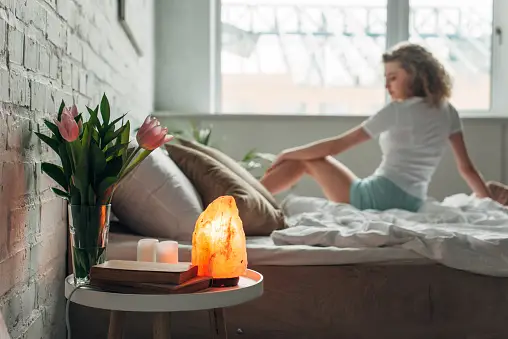
Ear candling
Medical News Today states: "Ear candling is an unsafe and unproven practice during which a person inserts a lit candle into their ear to draw earwax and other impurities out."
Enough said really, but if you don't know what it is, ear candling or 'coning' is when people use a product typically made of fabric and wax, insert it into their ear and set it alight to try and 'draw out impurities and wax from the inner ear'.
However, there's 'no scientifically proven benefits' and the United States Food and Drug Administration (FDA) has deemed it unsafe.

'Diet pills'
Diet pills are often advertized as a 'quick fix' way to lose weight, however, the claims of many of these supplements - particularly if not actually prescribed by a doctor - are often unfounded.
Steven Heymsfield, MD, told WebMD: "The number and quality of good, randomized, double-blind [studies] that really explore the question of efficacy are very limited for these herbal products and dietary supplements.
"That's virtually true for the entire category of [weight loss] products."
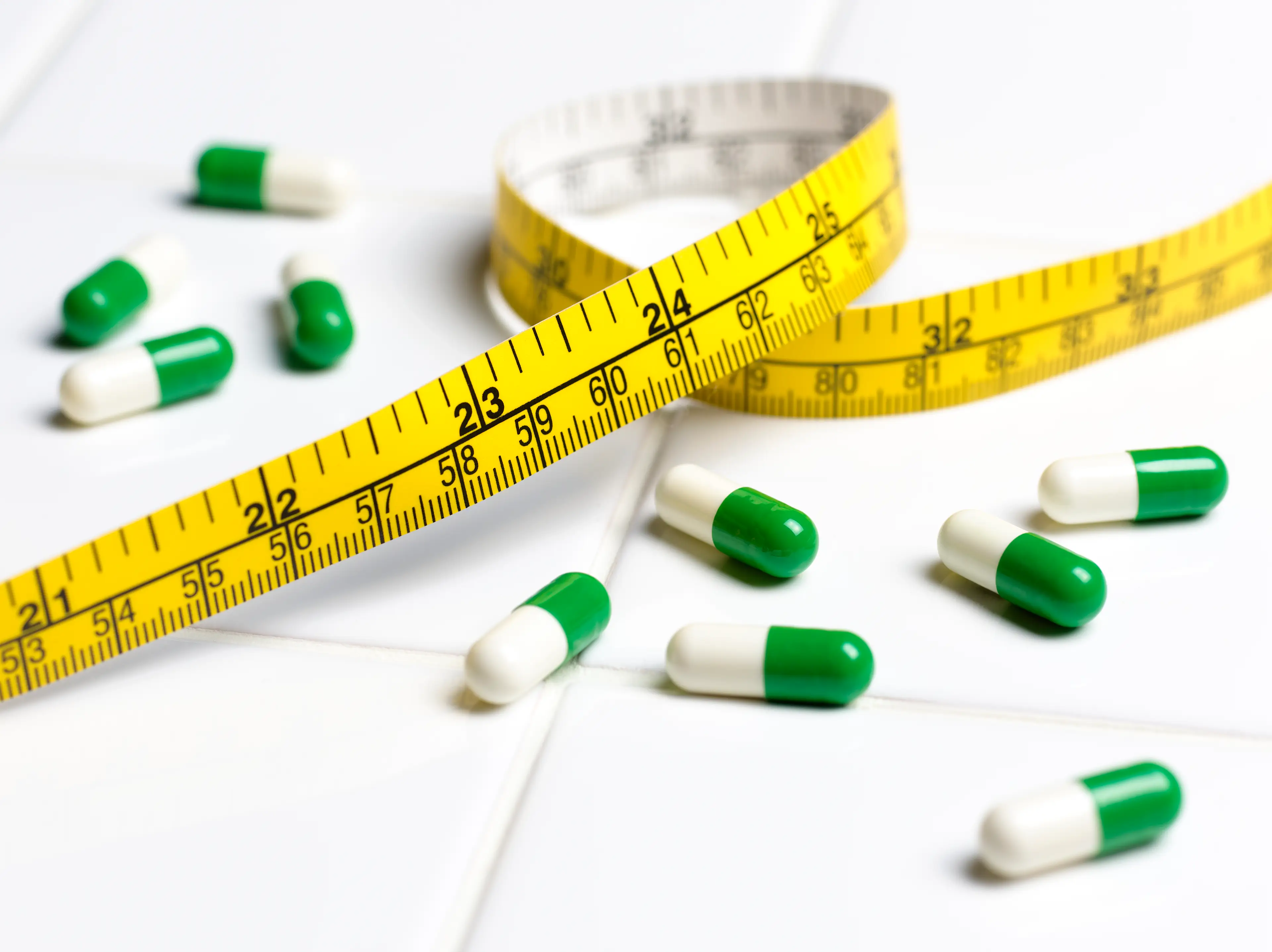
Toiletries advertised for women versus men
Ever gone to buy a razor and seen a plain version in the 'men's section' for half the price of a pink one in the 'women's section'?
Yup. In 2015, Vox reported the New York City Department of Consumer Affairs studied 800 products in 35 categories and found 42 percent of the time products marketed towards women were more expensive than those advertised towards men.
For example, women paying an average of $8.39 for shampoo and men paying an average of $5.68.
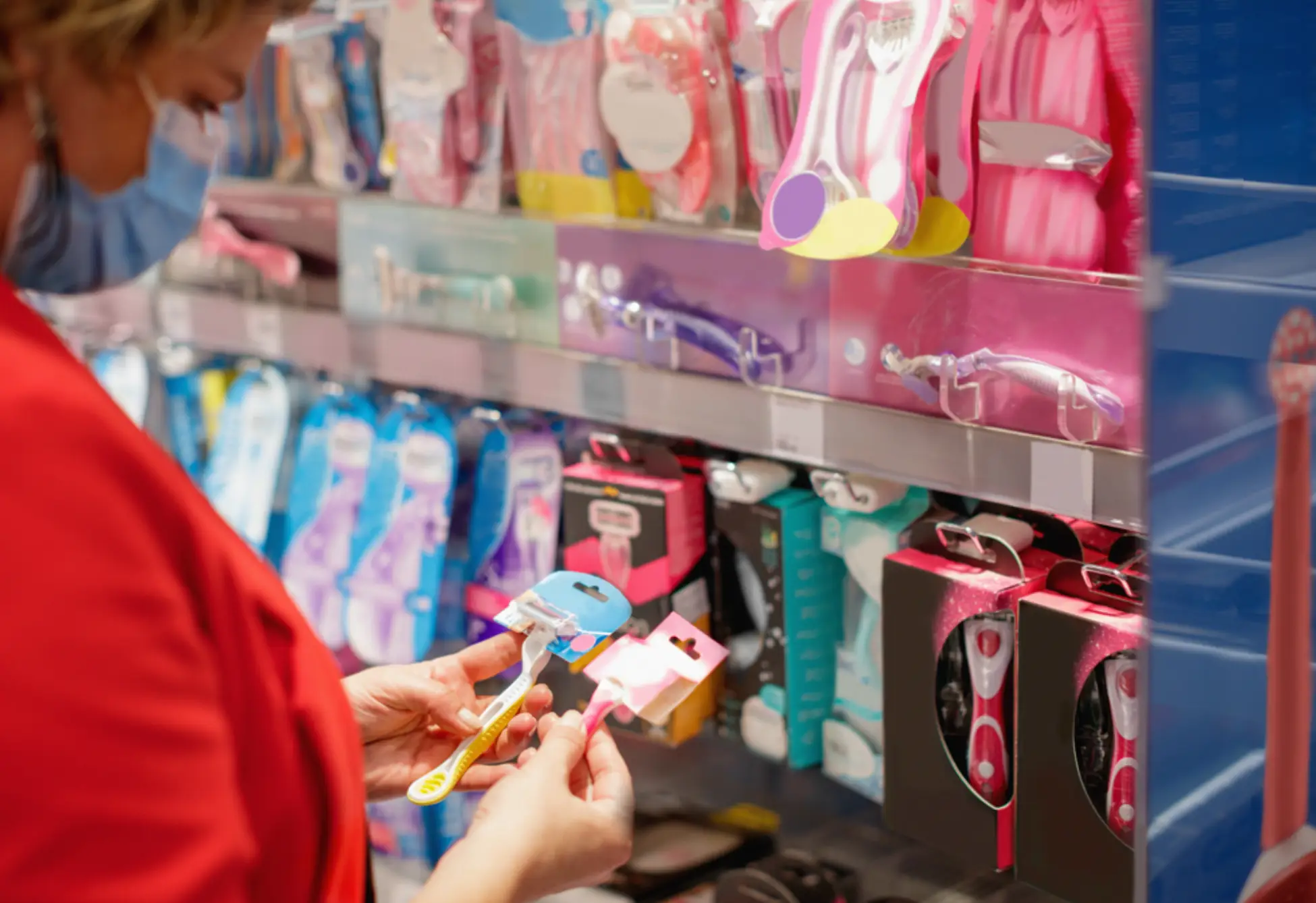 The 'Pink Tax' is very much alive and kicking (Getty Stock Images) Vaginal cleaning products
The 'Pink Tax' is very much alive and kicking (Getty Stock Images) Vaginal cleaning products

Dr Martin L. Stone, chairman of the Department of Obstetrics and Gynaecology at New York Medical College and chief of obstetrics and gynaecology at Metropolitan Hospital, told the New York Times: "I don't think they serve any useful purpose.
"The sprays are sort of like pouring perfume in the area. I'd rather see the patient bathe."
Studies on vaginal hygiene products are ultimately conflicting, however, some have shown - particularly when products are scented - it can increase the risk of urinary tract infections, thrush and other issues.
So, remember the vagina is self-cleaning and it's probably best to just stick to water in the shower.
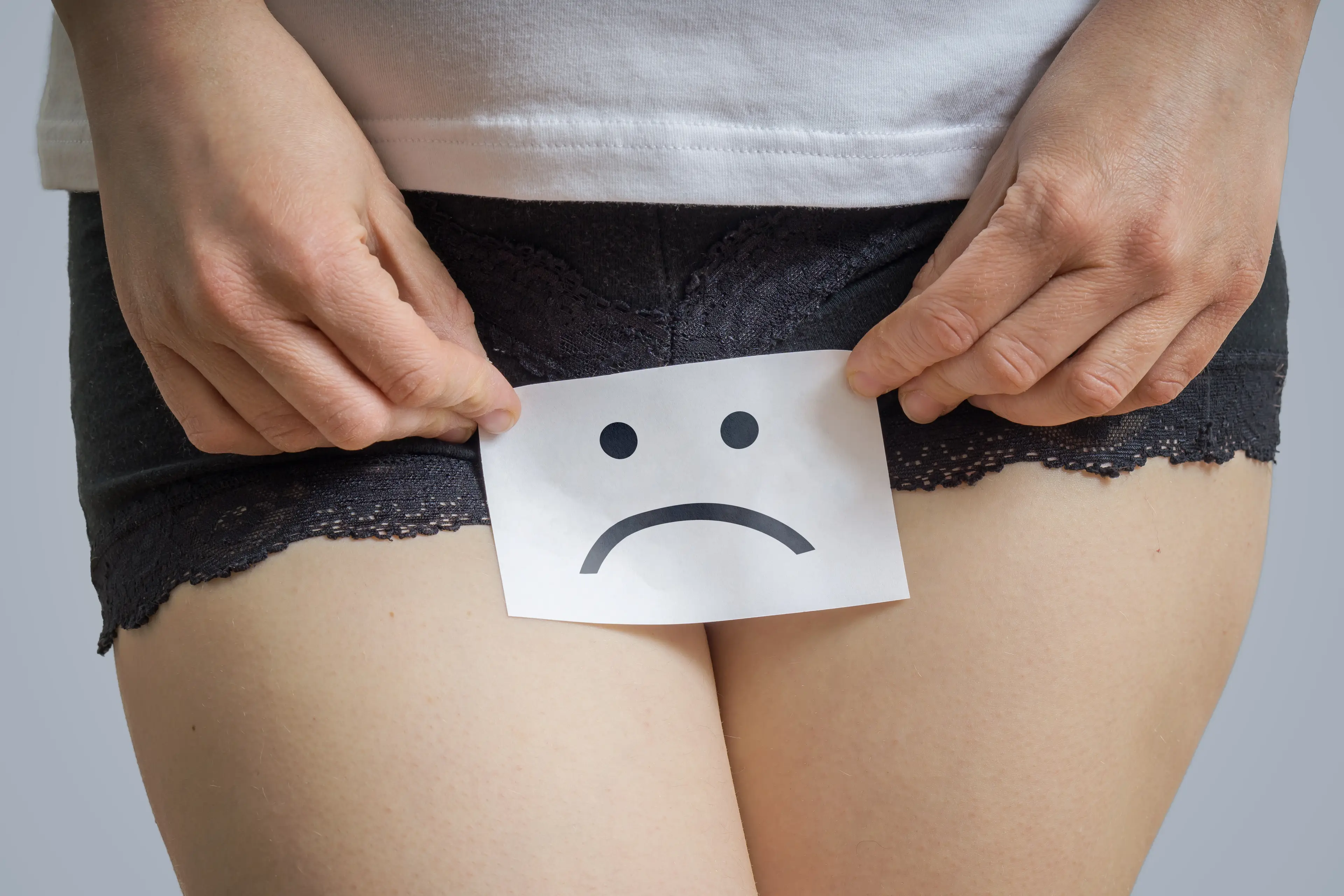
'Flushable' wipes
Granted, it's not technically false advertizing given the wipes are 'flushable,' but that doesn't mean you should actually flush them or that if you do, it won't have potentially severe consequences.
Questioning whether 'flushable wipes' are 'safe for plumbing,' Mr Rooter Plumbing resolves: "The answer is a definite no."
It continues: "They’ve been around for years, but most people don’t realize that they’re not made for plumbing because they don’t break down quickly. Wipes are made of a type of paper pulp that’s held together with non-degradable materials like polyester and polymers. Unlike toilet paper that begins to break down almost immediately in water, wipes stay intact, and when they hit your sewer pipes or septic tank, they get stuck. Those unbroken-down wipes can lead to clogs, backups, blockages, and flooding."
Topics: Environment, Food and Drink, Health, World News, Money, Education, Travel